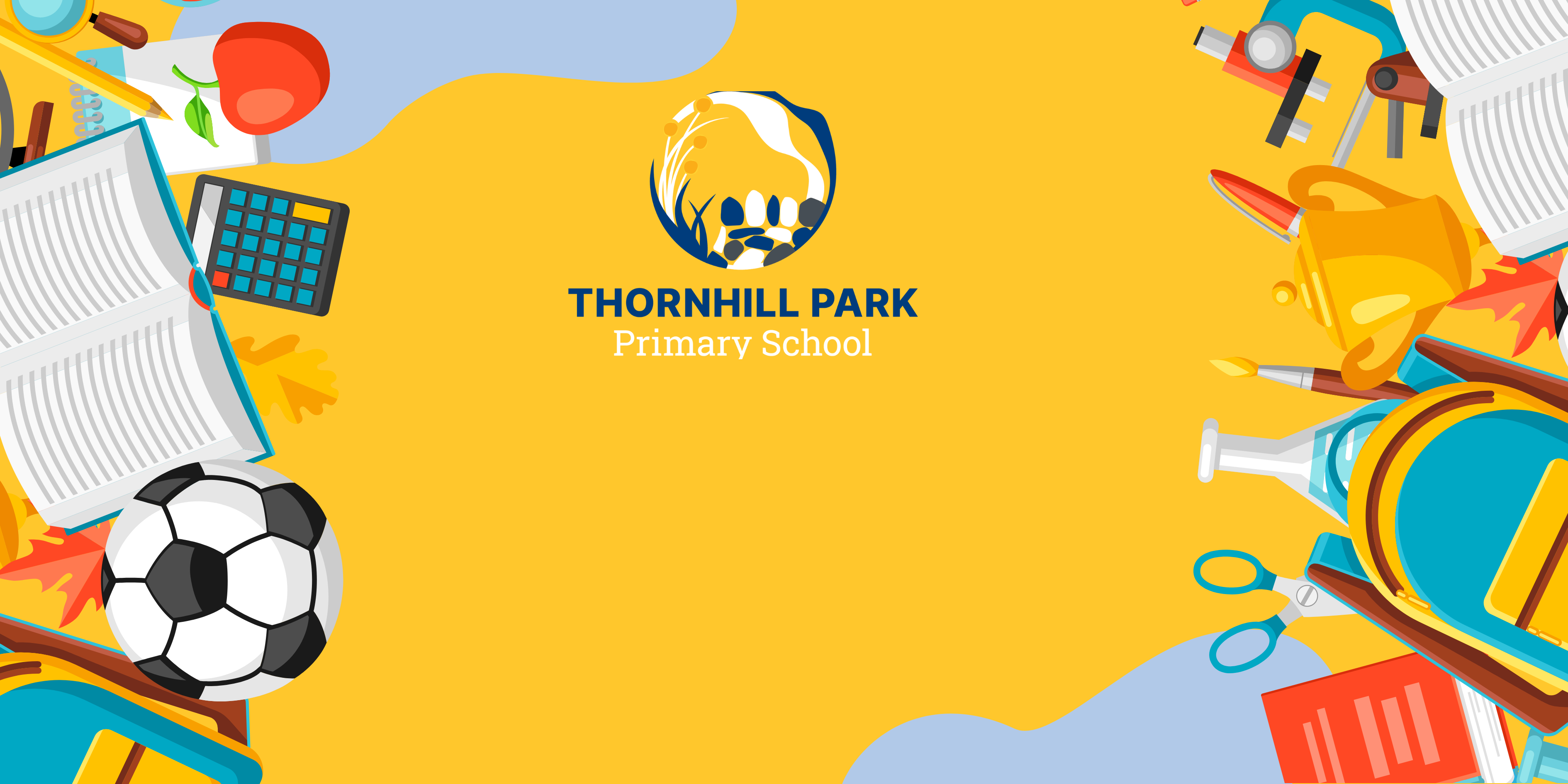Online safety for children
Children are likely to be exposed to online technology from a very young age and increasingly have immediate and ongoing access to online environments.
Online technologies and environments bring many positive benefits for identity, education, social connection, creativity and communication.
But there is potential for harm. There are growing concerns about the amount of time children spend online, the type of material they can access, the personal information and images they may share with people (particularly those they don’t know well), and the risks of being harmed by people they come into contact with online (or of harming others themselves).
Being aware of potential sources of harm and knowing some strategies to use with children are important ways parents can help their children to stay safe online.
Expand All | Collapse All
Strategies to assist children
Encourage and support alternative activities and influences
Parents can encourage children to enjoy a range of activities (both online and offline) and promote a range of influences in their lives.
- Support activities that do not involve online technologies, such as outdoor or sporting activities, volunteering or community related pursuits, and those that involve face to face contact with friends, family and communities
- Provide healthy role models for your children – set limits to your own time online and model enjoyment of other indoor and outdoor activities as well
- Promote healthy role models and expectations that offer alternatives to those available online and in the media
- Support the valuing of diversity, inclusion and equality for all, and discuss the impact of attitudes and behaviours on other people (online and offline)
- Support the development of a positive self-image and discuss what it means to have healthy relationships. For example, encourage positive alternatives to the sexualisation of children and to commercial interests promoted broadly in the media and even more prolifically online.
Establish limits to online use
It is recommended that parents establish limits to their children’s time and access online, especially for younger children or where their online behaviour is having a negative impact on other aspects of their life.
- Together, set some family parameters (a family agreement) around online use so that children have ownership of the agreements.
- Set limits around the time your child can spend online or using their mobile phone (e.g., no mobile phones at the dinner table, Wi-Fi password only given once homework done, internet off after 10pm).
- Agree on rules about privacy and confidentiality, while monitoring online access for younger children.
- Discuss your house rules with the parents of your children’s friends, especially when your child is visiting their home.
Keep up to date with online technologies and environments
If you are not familiar with certain online environments, like chat rooms, Facebook or Twitter, it will be harder for you to monitor your child’s experiences whilst online. So, take opportunities to learn these skills.
- Visit the Australian Government internet safety initiative that has been designed to keep parents informed and kids safe whilst online (https://www.esafety.gov.au/kids).
- Take advantage of school internet and online safety parent information sessions, as well as local library or community courses on computer or internet usage.
- Learn how to install and use filters, but don’t rely only on this strategy.
- Be educated about mobile phone plans and phone settings, and educate your children about the importance of financial costs, credit access, and privacy settings.
- Find out and share online resources that provide education and support for developing healthy attitudes and behaviours (such as healthy images that support positive body image, and sites that promote inclusion and discourage negative stereotyping such as racism).
Stay interested and involved in your child’s online activities
As a parent you can help your child have positive experiences online. Stay involved in your child’s use of online technology. Spend time with your child online, like chat rooms and Facebook, and explore new sites together.
- Stay familiar with the sites and networks your children use (e.g., set up your own accounts, learn about privacy settings, check age restrictions).
- Talk to your children about where they go online, and who they talk to. Remind them to be careful about making new friends online and to never meet an online friend in person without a trusted adult.
- Remember that your definitions of “friend” and “stranger” may be different from your child’s. Talk with your child about who their online friends are and how they have gotten to know them. Be interested and curious and if you have concerns, talk about online safety (see below).
- Discuss with your child the type of sites that are appropriate for their age and those that are not, and help your child use appropriate search engines, websites and apps.
- Notice changes in your child’s behaviour (such as increased anxiety or withdrawal from friends).
- Keep a record of concerning content or harassing messages in case things escalate.
Talk about online safety with your child
Research shows that along with peers, children are most likely to tell a parent when dealing with problems online. As a parent you can help your child by encouraging an open discussion.
- Talk to them before issues arise (for example about what cyberbullying is), discuss strategies to address any issues and reassure your child that you will be there to support them
- Discuss with your child the kinds of sites that are appropriate and why some sites are not appropriate for children their age. Teach them about what to do if they come across inappropriate content.
- Teach your children to question information sources and content – for example, providing children with the knowledge to critique pornography and to understand that the imagery has been constructed for a commercial purpose; ask them what messages they think the images send to young people about relationship expectations.
- Make sure your children feel comfortable sharing their questions and concerns with you. This may mean that you need to listen to their concerns without judging, interrupting, panicking or criticising.
- Reassure your child that he or she will not get into trouble if they tell you about a problem.
Talk about appropriate behaviour online
Discuss with your child what sorts of behaviours are not appropriate online.
- Remind children only to post what they’re comfortable with others seeing and remind them that online content can be seen for a very long time, even by future employers. Content can remain online even if they think that they have deleted it from their site, because they have little control over older versions on other computers that may continue to circulate online.
- If you are not comfortable with what your child is comfortable with, take time to discuss this with them. Always try to stay curious about their different perspectives.
- Tell your children not to impersonate someone else online and that it is wrong to create posts or pages that seem to be written by someone else, like a schoolmate or teacher.
- Let your adolescents know that it is not ok to ask someone to send them nude pictures. Discuss issues around consent and emphasise that these same principles apply for online communication and relationships as they do for in-person interactions.





















































